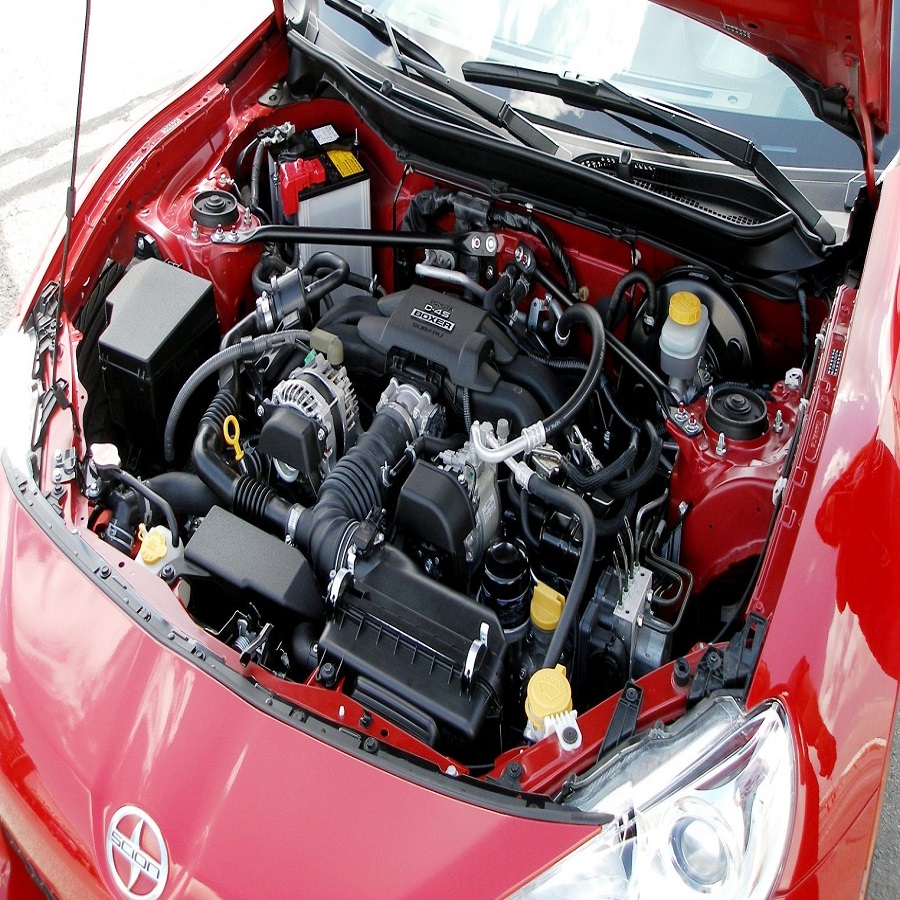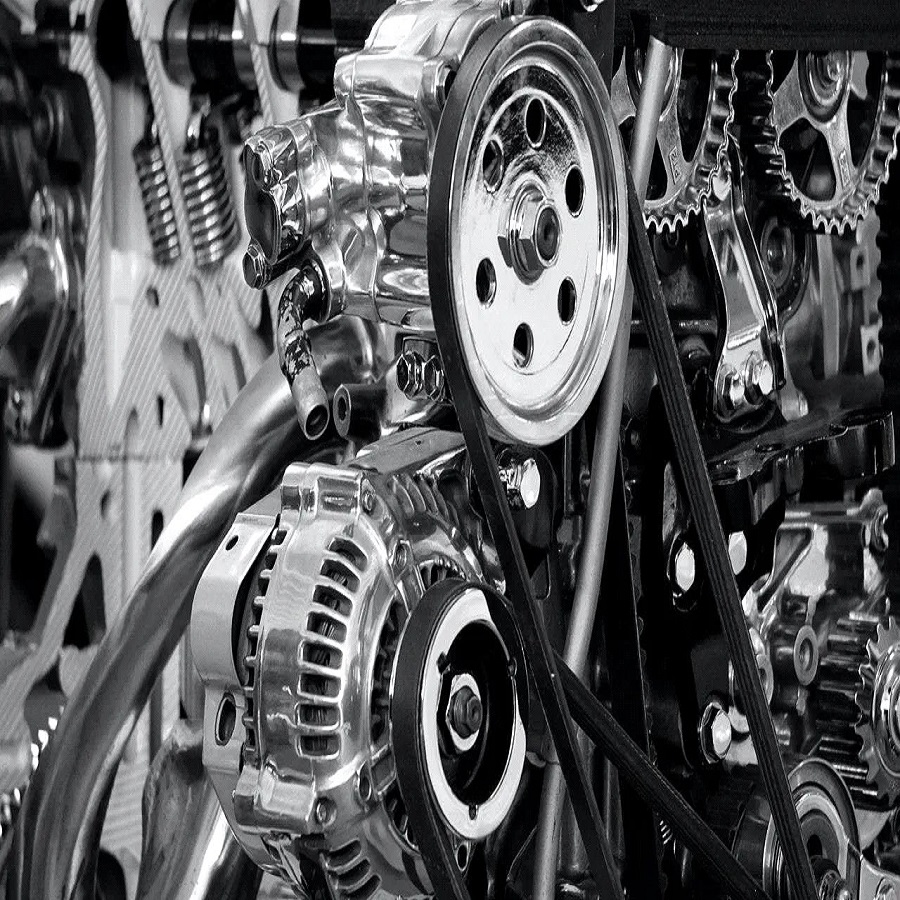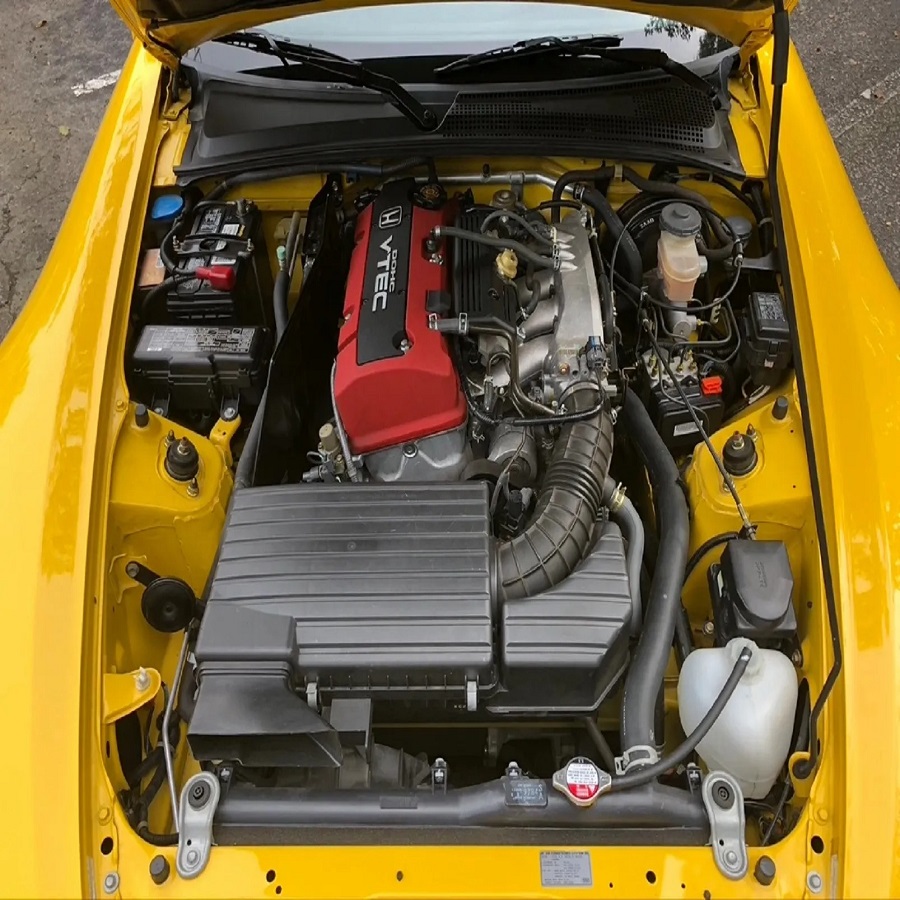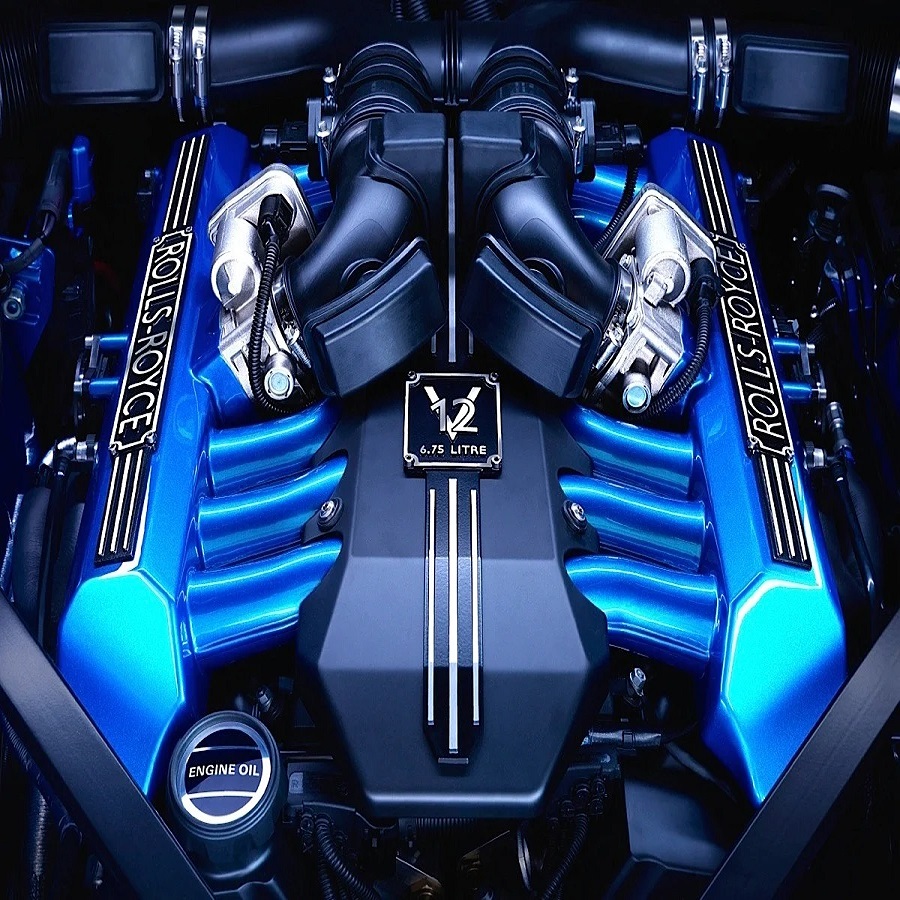Car Engine Wont Start – The Right Way to Fix It

When your car engine wont start, it can be a frustrating and inconvenient issue. There are several possible reasons for this problem, ranging from simple issues like a dead battery to more complex issues like a malfunctioning ignition system. In this article, we will discuss some troubleshooting tips for diagnosing and addressing the problem of a car engine that won’t start.

Checking the Battery
One of the most common reasons for a car engine not starting is a dead or weak battery. If you turn the key and nothing happens, or if you hear a clicking sound when you turn the key, it’s likely that the battery is the culprit. To check the battery, start by visually inspecting it for any signs of damage or corrosion. If the battery terminals are dirty or corroded, clean them with a wire brush and a mixture of baking soda and water. Next, use a multimeter to check the voltage of the battery. A healthy battery should have a voltage of around 12.6 volts. If the voltage is significantly lower than this, the battery may need to be recharged or replaced.
Inspecting the Fuel System
If the battery is in good condition but the engine still won’t start, the next thing to check is the fuel system. Start by turning the key to the “on” position and listening for the sound of the fuel pump priming. If you don’t hear this sound, it’s possible that the fuel pump has failed. You can also try turning the key to the “on” position and then off several times to see if this helps prime the fuel system. If the car starts after doing this, it could indicate a problem with the fuel pump or fuel pressure regulator. Another thing to check is the fuel filter, which can become clogged and prevent fuel from reaching the engine. If the fuel filter is dirty, it may need to be replaced.
Examining the Ignition System
If the battery and fuel system are both in good condition, the next thing to check is the ignition system. Start by checking the spark plugs, which can become fouled or worn out over time. Remove the spark plugs and inspect them for any signs of damage or fouling. If the spark plugs are dirty or damaged, they should be replaced. You can also use a spark plug tester to check for a spark when the engine is turned over. If there is no spark, it could indicate a problem with the ignition coil, distributor, or ignition module.

Addressing Electrical Issues
In some cases, a car engine may not start due to electrical issues such as a faulty starter motor or alternator. If you hear a clicking sound when you turn the key, but the engine doesn’t turn over, it could indicate a problem with the starter motor. You can try tapping the starter motor with a hammer or wrench to see if this helps get the engine started. If it does, it’s likely that the starter motor needs to be replaced. Additionally, a malfunctioning alternator can prevent the battery from being properly charged, which can result in a dead battery and a car that won’t start. Use a multimeter to check the voltage output of the alternator to see if it is within the manufacturer’s specifications.
How to choose a car engine
When it comes to choosing a car engine, there are several factors to consider. Whether you are looking for a replacement engine for your current vehicle or considering an engine upgrade, the decision can significantly impact the performance and longevity of your car. From considering the type of engine to matching it with your specific car model, there are a few steps to take to ensure you make the right decision.
Understanding Your Needs
Before you start looking for a new car engine, it’s essential to understand your specific needs and requirements. Consider the type of driving you do, the terrain you encounter, and the performance you desire from your vehicle. For example, if you frequently tow heavy loads, you may need a more powerful engine with higher torque. On the other hand, if you prioritize fuel efficiency, you may want to look for a smaller, more economical engine. By understanding your needs, you can narrow down your options and focus on engines that are best suited to your driving habits.
Matching Engine Type with Your Vehicle
Once you have a clear understanding of your needs, it’s important to match the engine type with your specific vehicle. Car engines come in various types, including petrol, diesel, hybrid, and electric. Each type of engine has its own advantages and drawbacks, and it’s crucial to choose the one that is compatible with your car model. Consider factors such as the engine’s weight, size, and compatibility with the car’s transmission system. If you are unsure about which type of engine is best for your vehicle, consult with a professional mechanic or an automotive expert to get expert advice.

Consider Engine Size and Power
When choosing a car engine, it’s essential to consider the size and power of the engine. Engine size is typically measured in liters, and it directly affects the power and performance of the vehicle. Larger engines generally produce more power and torque, which can enhance the acceleration and towing capacity of the vehicle. However, larger engines also tend to consume more fuel and may be less fuel-efficient. On the other hand, smaller engines are more economical but may sacrifice power and performance. Consider the trade-offs between engine size and power to find the right balance for your driving needs.
Assessing Engine Reliability
Reliability is a critical factor to consider when choosing a car engine. A reliable engine can provide years of trouble-free operation, while a less reliable engine may result in frequent breakdowns and costly repairs. Research the reputation of different engine models and manufacturers to gauge their reliability. Look for customer reviews, ratings, and recommendations to get a sense of the long-term performance and durability of the engine. Additionally, consider the warranty and support offered by the manufacturer, as it can provide added peace of mind in case of any unexpected issues.
Consulting with Professionals
If you are unsure about which car engine is best for your vehicle, it’s a good idea to consult with professionals. Mechanics, automotive technicians, and car dealership staff have the expertise and experience to advise you on the best engine options for your specific car model. They can provide insights into compatibility, installation requirements, and performance considerations. Additionally, professional assistance can help you navigate technical details such as engine mounts, wiring harnesses, and other components that may need to be addressed when replacing or upgrading an engine.
Considering Environmental Impact
In today’s environmentally conscious society, it’s important to consider the environmental impact of car engines. When choosing an engine, consider factors such as fuel efficiency, emissions, and the use of alternative fuels. Some engines may be designed to meet strict emissions standards and use eco-friendly technologies to reduce their environmental footprint. If you are concerned about the environmental impact of your vehicle, look for engines that are known for their eco-friendly features and compliance with emissions regulations.
Finalizing Your Decision
After considering all the factors mentioned above, it’s time to finalize your decision. Once you have narrowed down your options based on your needs, compatibility with your vehicle, size and power, reliability, and environmental impact, weigh the pros and cons of each engine to make an informed decision.

Conclusion
When your car engine won’t start. It’s important to systematically troubleshoot the possible causes in order to identify and address the problem. Start by checking the battery, fuel system, ignition system, and electrical components. By following the tips outlined in this article. You can diagnose the issue and determine the best course of action for getting your car back on the road. If you are unable to resolve the issue on your own. It may be necessary to seek the assistance of a professional mechanic.


